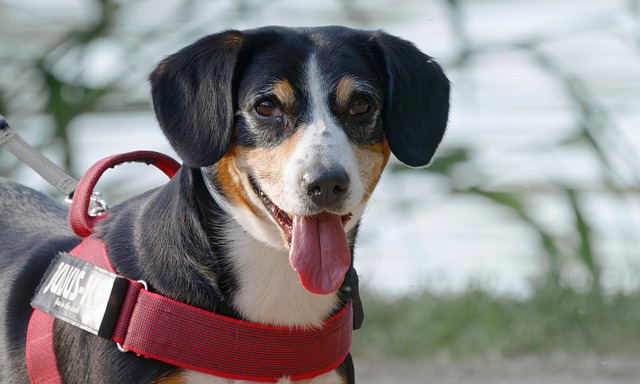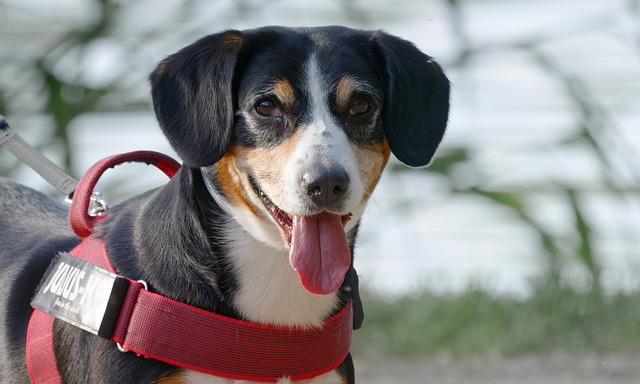It’s easy to brush off a missed meal or extra nap as no big deal—after all, even the most energetic dogs have off days. But when those off days stretch into a pattern of turning away from food and snoozing more than usual, it’s time to pay attention. Your dog can’t tell you when something’s wrong, so these subtle shifts in behavior are their way of sending a message.
A sudden shift in your dog’s behavior—turning up their nose at dinner and spending more time curled up than usual—can set off alarm bells. These changes rarely happen without reason, and pinpointing the cause early can make all the difference. Start by checking the basics: has their routine shifted? Did you switch their food brand recently? Even minor tweaks, like a new work schedule that cuts down playtime, might throw off their eating and sleeping patterns.
Next, consider the environment. Warmer weather can suppress a dog’s appetite, just like it does for humans. If your pup’s been lazing near a sunny window instead of begging for treats, heat could be the culprit. On the flip side, cold drafts or a noisy construction project nearby might stress them out, leading to lethargy and disinterest in food. Keep an eye on how they react to these factors throughout the day.
 Physical health is another critical angle. Dental pain, for example, makes chewing uncomfortable—you might notice them dropping kibble or avoiding hard treats. Digestive issues, like an upset stomach from scavenging trash, can also cause loss of appetite paired with tiredness. More serious conditions, such as infections or organ problems, often show these symptoms too. If the behavior lasts longer than 24 hours, don’t delay a vet visit. Many regions require prompt care for animals showing signs of illness, and acting quickly can prevent complications.
Physical health is another critical angle. Dental pain, for example, makes chewing uncomfortable—you might notice them dropping kibble or avoiding hard treats. Digestive issues, like an upset stomach from scavenging trash, can also cause loss of appetite paired with tiredness. More serious conditions, such as infections or organ problems, often show these symptoms too. If the behavior lasts longer than 24 hours, don’t delay a vet visit. Many regions require prompt care for animals showing signs of illness, and acting quickly can prevent complications.
Behavioral factors shouldn’t be overlooked. Dogs thrive on consistency, and changes like a new pet in the house or a move can trigger stress-related changes in eating and sleeping. Older dogs might slow down due to arthritis, making them less active and hungry. Try offering a small, warm meal—like boiled chicken and rice—to entice them, but avoid sudden diet shifts, which can upset their stomachs further.
Remember, your role as a pet owner includes knowing when to seek professional help. Local laws often emphasize responsible care, and neglecting signs of illness can have legal consequences. By staying observant, addressing environmental stressors, and consulting a vet when needed, you’ll help your dog get back to their happy, healthy self.

 Physical health is another critical angle. Dental pain, for example, makes chewing uncomfortable—you might notice them dropping kibble or avoiding hard treats. Digestive issues, like an upset stomach from scavenging trash, can also cause loss of appetite paired with tiredness. More serious conditions, such as infections or organ problems, often show these symptoms too. If the behavior lasts longer than 24 hours, don’t delay a vet visit. Many regions require prompt care for animals showing signs of illness, and acting quickly can prevent complications.
Physical health is another critical angle. Dental pain, for example, makes chewing uncomfortable—you might notice them dropping kibble or avoiding hard treats. Digestive issues, like an upset stomach from scavenging trash, can also cause loss of appetite paired with tiredness. More serious conditions, such as infections or organ problems, often show these symptoms too. If the behavior lasts longer than 24 hours, don’t delay a vet visit. Many regions require prompt care for animals showing signs of illness, and acting quickly can prevent complications.



